Is Mark Zuckerberg’s Meta killing Instagram? Too many ads and new features imitating Snapchat and TikTok show a lack of innovation that’s turning Gen Z off the social media giant
Meta’s problem is not the metaverse, but its lack of differentiation and innovation, argues Daniel Langer in STYLE’s Inside Luxury column. Photo: Xinhua
In order to excite its audience, Meta will have to innovate instead of imitate, and differentiate instead of trying to be more TikTok than the original
Practically from the moment Mark Zuckerberg’s Facebook decided to rebrand as Meta, its stock price plummeted. Some commentators were fast to blame the metaverse pushfor the loss of investor appetite. And, as The Financial Times reported, Meta just announced its first year-on-year quarterly revenue decline.
The company blamed the overall economic headwinds, including exchange rate losses, for its disappointing performance. However, looking for external reasons has never helped any company and feels like an excuse. In my entire career, using external challenges to explain underperformance was always a major red flag.
nstagram’s new algorithms (and underlying business model) are the latest target in the marketplace of public opinion. A quick search on rival platform Twitter reveals a never-ending avalanche of posts and memes wishing the “old” Instagram back: “Instagram is so pointless now” wrote @gremilita, receiving 26,000 retweets. Other comments include, “Why are 50 per cent of the posts on my Instagram feed videos from people I don’t even follow? The other 30 per cent are ads.” The uproar has been so huge that, on July 28, Instagram announced it was rolling back some of its recent changes.
Amid growing disaffection, will Instagram find itself on less smartphone home screens in coming months? Photo: Reuters


